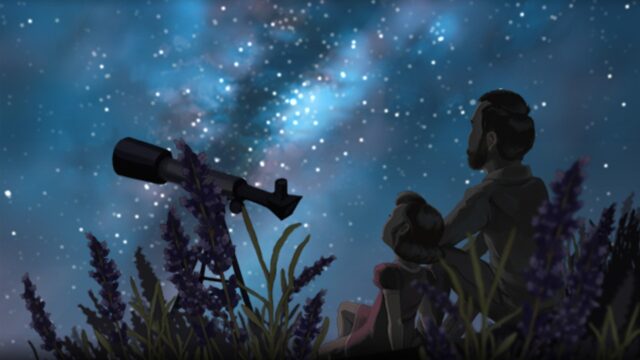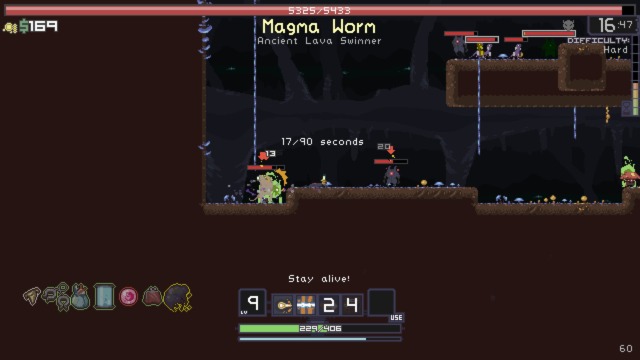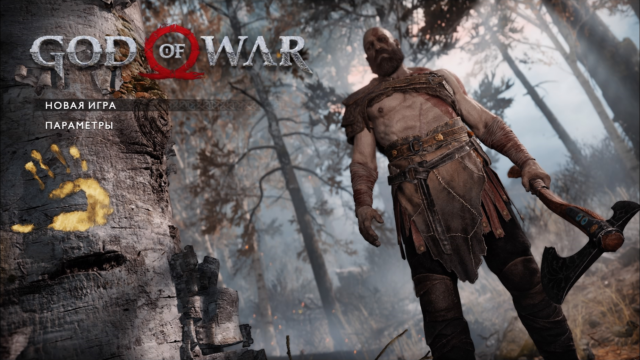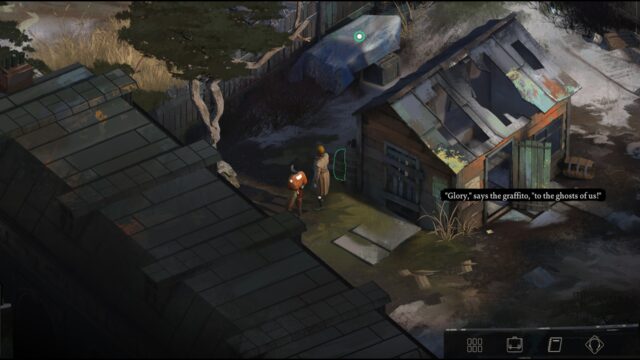Botanicula Review
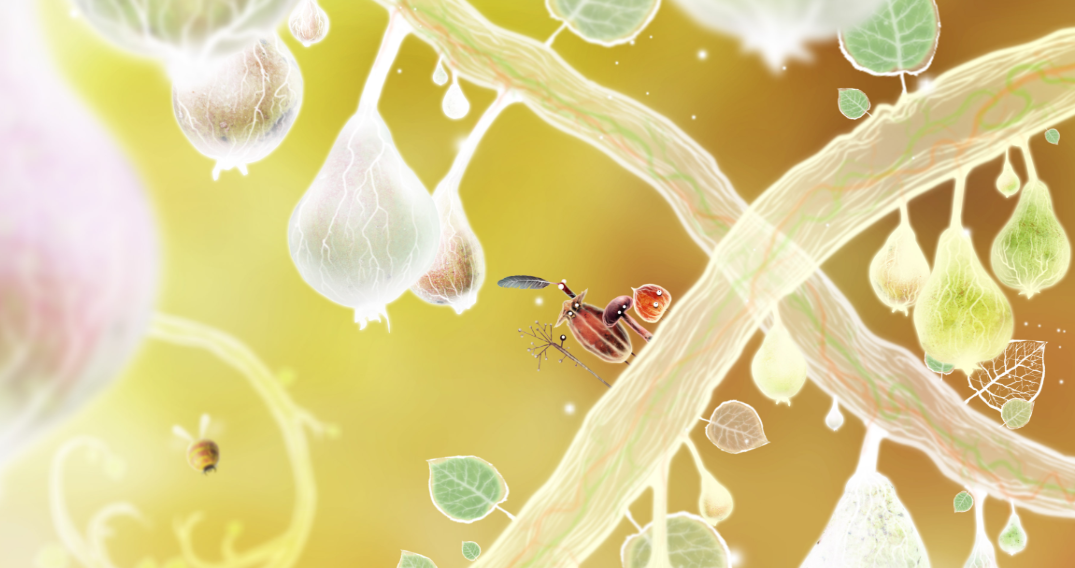
Everyone knows that over time, a small seed can turn into a million different things. And considering that this seed grows from the depths of the Amanita Design studio, one can expect simply fantastic results. Even before starting to play Botanicula, during the installation process, I was already greeted by five singing inhabitants of a fairy tree – the main characters of the game. Their simple verses immersed me in a world of childhood, full of cheerful sounds and delightful landscapes around. And in fact, I was invited to a journey to a completely different world. Unfortunately, it’s just a game. And I needed to give it some ratings, not look for a permanent home there. However, if I had the opportunity, I would move to live on that tree without hesitation, next to the magical creatures.
Perhaps one of the main features of Botanicula is its ability to bring a smile. Moreover, I didn’t need to make any effort for this: to pull my cheeks back or fold my lips into a bow. My lips themselves spread into a wide enchanting smile, as if I had witnessed a surreal interpretation of the first landing of a man on the moon. However, if we return to Earth (or more precisely, to a specific tree), there live five friends whom I needed to help fulfill an ancient prophecy – to plant a fallen seed from the sky into the ground to save their home from the invasion of parasites. The main characters are a cheerful and lively company, constantly thirsty for adventures; their fighting spirit can only be envied. All the members of the Botanicula group quickly became like family to me, as we shared the joy of victories and hung by a thread from certain death together. Very soon, I found myself thinking that I wanted to put my hand on the monitor so that these creatures could jump into it and fill my room with indescribable joy.
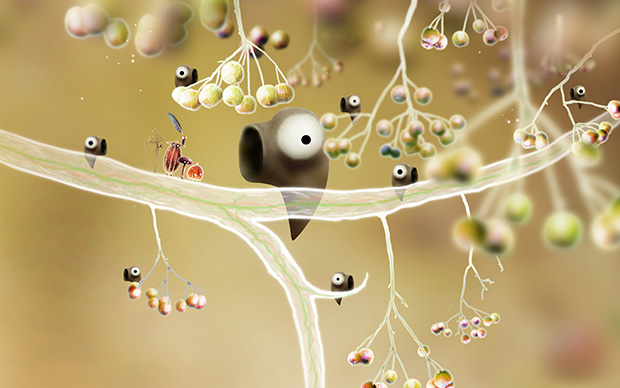
Botanicula is an intuitively understandable game. And although the five heroes have a house where they can hide, their main goal (as well as the concept of the whole game) is to play with you. Moreover, I discovered that I have never seen such colors before and have never heard such sounds that would stir up the imagination so much. During artistically rich game scenes, the variety of colors pleased my eyes: the colors changed from bright green and moderately yellow to contrasting shades of black and dark brown in the later stages of the game. The music and sounds in the game are truly charming: each living bug that appears on the screen has its own characteristic sound, transmitted in a distinctive manner. The voices of the people singing the songs are altered to the desired tone; string and brass instruments sound as if they are telling a fairy tale themselves; and a multitude of other sounds, emanating from unknown sources, bring you back to the origins of folk music, immersing everything around in a state of complete harmony and further igniting the fire of your imagination.
The third thing that impressed me in the game is the interaction. Botanicula is not a typical “point-and-click” adventure, as it allows you to penetrate its world with the help of a mouse, and in it, you can poke, grab, and pull anything randomly. Thus, something akin to tactile contact is established between you and the game. Every static scene in Botanicula seemed to me like a field for new discoveries; it gave me the opportunity to explore the microscopic world of bugs, flowers, and buds. Just like in childhood, under the watchful eye of my mother. And indeed – you look at this world as if through the eyes of a child.

The game transported me back to when I was six years old and I listened to and played Living Books (a popular series of interactive children’s books abroad, involving both listening to the child’s story and their interactive participation in it) with admiration. In these stories, the player-listener could click on various objects on the screen, accompanied by animation effects, sounds, music, and eventually inanimate objects would come to life. In Botanicula, this sense of exploration is also beautifully conveyed: here you explore the game situation not to solve another puzzle, but mainly to bring objects to life. Through a series of such explorations, gameplay progress will occur: you will encounter obstacles that require finding feathers, keys, or glowing blue gems to overcome. An additional element of interest in the game is that besides the usual progression, you will also be given a playing card for each new creature discovered. Depending on how many of these cards are collected by the end of the game, you will be rewarded with a gift. And if you find all the funny characters, you will receive three gifts!
It may seem that Botanicula is based solely on exploration, but at the same time, you won’t have to exert too much effort to progress through it, so you will never abandon this game halfway due to the inability to pass a certain episode. For example, in games based on the “point and click” principle, I have often had to wander around the same game scene for hours and try out all the inventory items I found in various combinations in search of a too elaborate and well-hidden solution. I can assure you that there is none of that in Botanicula: everything is much simpler and intuitively understandable here. For example, it immediately becomes easier when you discover that the only solution to a difficult situation is to use the item from your “backpack”. Everything is designed so that you never lose your connection with the fairy-tale world for a moment. Gameplay progress is achieved in a very easy and relaxed manner. Sometimes, of course, you will find yourself in almost dead-end situations, but very soon you will definitely find a way out of them. I can bet that even young children can independently complete the game. You don’t even need to read anything: the plot and anecdotal situations that the main characters constantly find themselves in are told through imagination, animation, and light chaos.
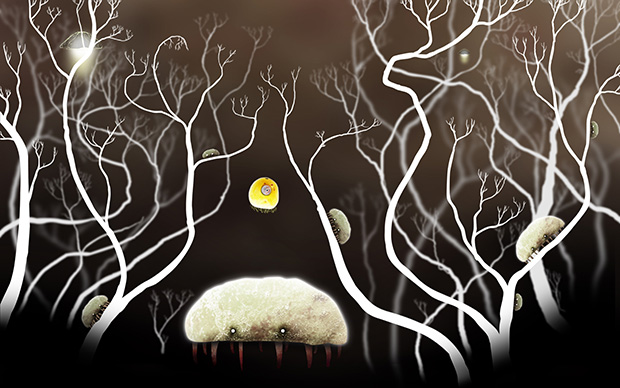
Despite everything said above, there was still one moment in the game that made me “hang” for several hours, creating a dissonance in the overall positive picture. In the end, it turned out that the actions necessary to pass that episode had to be “triggered” by shaking the mouse. Unfortunately, it was precisely in that scene that I experienced numerous mouse lags, which is probably why I couldn’t understand what those actions were supposed to lead to. By the time I figured out what they were supposed to do, my hand was already tired from such energetic constant movements. In other game episodes, I also noticed serious mouse lags, especially when I had to move it actively. I reported this information to the developers. They responded that they were already aware of such malfunctions and were working to fix them before the official release. Therefore, assuming that they will still manage to do it, lags should not cause any concerns in the future.
If you have ever dreamed of being next to Alice and singing along with the flowers, then Botanicula is perfect for you. Just like almost everyone, regardless of age, thanks to its fantastic visuals, simplicity, and genuine joy. The game lasts long enough, but in the end, I wanted something more. And although one part of me felt a slight dissatisfaction with the ending, the other half understood that the magical content with which the game was filled itself evokes admiration, and it is not worth being biased towards the finale. I played it again. But not to find out what discoveries I might have missed the first time, but mostly to relive the moments that amazed me and made me smile. It’s just a pity that I don’t have a child to play Botanicula with: the childlike delight would know no bounds!
The game can be purchased through Steam, GOG, and GamersGate.
Share
Discuss
More Reviews
